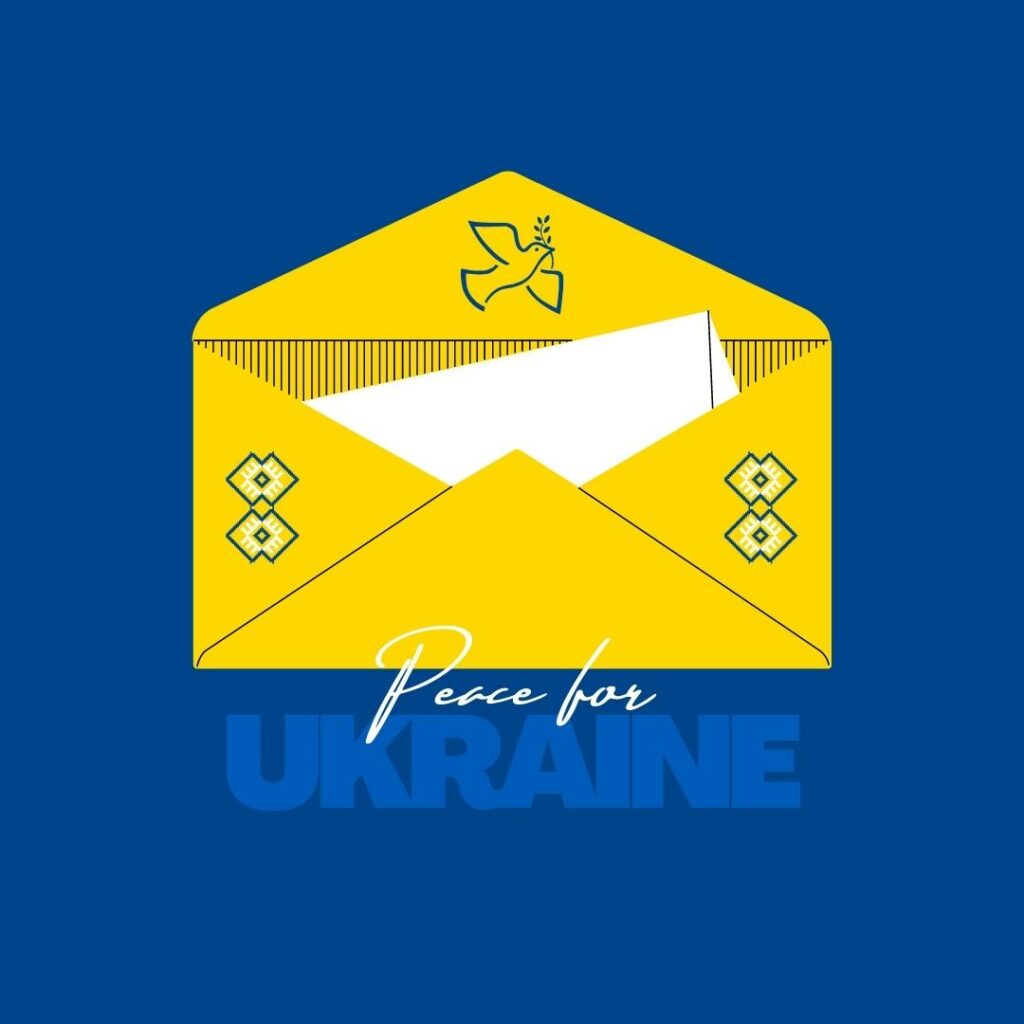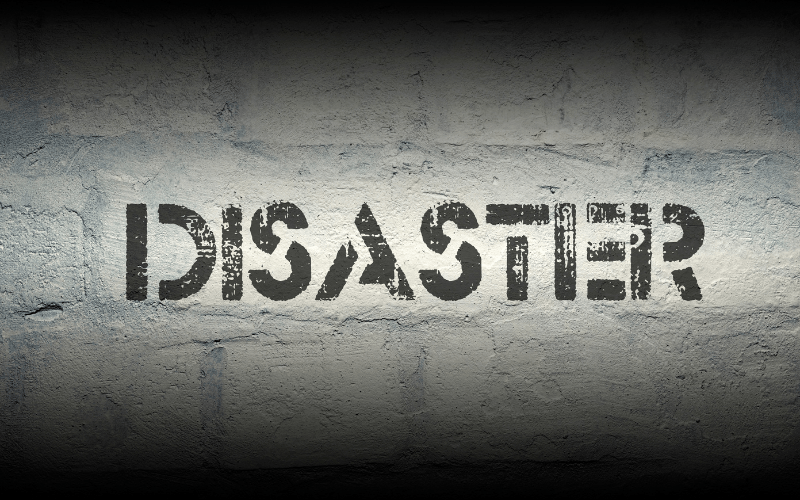 The war in Ukraine has left us deeply concerned and full of uncertainty about the adverse impact on the mental health of individuals, families, and communities worldwide. It is a reminder that the people of many countries have experienced and continue to experience trauma from civil and external wars. Our heart goes to the communities directly affected by the invasion in Ukraine and their loved ones. EMDRIA advocates for culturally sensitive interventions that support stabilization and mental health first aid.
The war in Ukraine has left us deeply concerned and full of uncertainty about the adverse impact on the mental health of individuals, families, and communities worldwide. It is a reminder that the people of many countries have experienced and continue to experience trauma from civil and external wars. Our heart goes to the communities directly affected by the invasion in Ukraine and their loved ones. EMDRIA advocates for culturally sensitive interventions that support stabilization and mental health first aid.
Several grassroots and organizational efforts are currently supporting people directly affected by the armed conflict in Ukraine, its neighbor countries, and those who live in the U.S. who have loved ones in the affected countries. Our colleagues from EMDR Europe, EMDR Ukraine, and all other national associations in Europe are doing all they can to help locally in an exceptionally fluid situation.
Here are a few tips for clinicians who want to support people affected by the current situation:
- Be aware that any of your clients might be experiencing triggers, multiple feelings, and body sensations due to the situation in Europe. Some might have loved ones in the middle of the conflict. Others might feel overwhelmed by the news, and others might have loved ones in the military who are worried about the war’s development and their future role.
- Talk about the impact of the conflict on all your clients. Offer to process if the client wants/needs to do so.
- Revisit treatment planning to check if your client(s) need to process the current situation… “I wonder how you are doing with the current situation of war in Ukraine. If you need/want, we can use EMDR techniques and protocols to process your feelings, thoughts, and body sensation around this situation.”
- You can use EMD techniques for stabilization and EMDR Early Interventions for individuals and groups
- Use grounding and calming techniques regularly to help stabilize clients and yourself. When overwhelmed, we might forget things like breathing and drinking water.
- Be aware and sensitive to how the current situation might trigger trauma responses from past events for your clients and yourself.
- Remain calm and orient to the things that one can do. Anxiety, sadness, grief, and anger are common and appropriate.
- Offer support also for those who appear to withdraw. They are sometimes overlooked because their behaviors appear not problematic.
- Empower people to utilize resourcing strategies such as the four elements, meditation, yoga, and other grounding.
- Be aware that some people might feel isolated and separated from their community because of stereotypes and disinformation
- Avoid hostility toward Russian descendants and misguided prejudice.
- Be aware of how you refer to those involved in the conflict. Avoid generalizations about Russian descendants. Children might be sensitive and copy how they see adults referring to Russians.
- Connect with your local community and support organizations and individuals affected by the war.
- Get more information and training about EMDR early interventions. See several resources at the end of this blog.
Here are a few considerations of working with Ukrainians and Russians living in the U.S. (they might apply to other immigrants or descendants of Eastern European countries):
- They might feel guilt and shame for not being there or thinking that they are not doing enough.
- They might feel hypervigilant and with constant worry about their loved ones back home.
- They might feel grief by seeing the destruction of places that they have visited or are their hometowns.
- They might have feelings of anxiety, nightmares, and sleeping problems.
- Russian children, adolescents, and adults have been reporting increasing bullying since the beginning of the war.
- Consider using the EMD techniques and EMDR Early Interventions for individuals and groups as we mentioned early in this post
Tips for Coping
- Talk about the situation when appropriate. It might be helpful to share with others so you can realize that you are not alone with those feelings.
- Take care of yourself. Try to rest and exercise, drink water, and eat properly. Make sure to do things that nurture you, such as drawing, painting, art, reading, dancing, singing, yoga, and others.
- Limit exposure to images of the war. Especially avoid television news programs and pictures from social media. If you need to keep yourself informed about what is happening, limit your watch time.
- Focus on the things that you can do. Avoid dwelling on the things that you cannot control. Try to accept uncertainty. Be kind to yourself.
- Listen to your advice. If a friend or a loved one comes to you with those worries, what would you tell them?
- Identify community support. Search for groups in the community that might help you feel connected either virtually or in person.
- Ask for help. This is not a sign of weakness. Look for a friend or a family member that you trust. Search to find an EMDR therapist in our Find an EMDR Therapist Directory.
EMDR Resources
The Efficacy of EMDR Early interventions
Global Summit Conference EMDR – Early Intervention and Crisis Responses: Current practices, research finding, global needs and future directions
Go With That Magazine about EMDR and Early Interventions (September 2018)
Clinical Implications for Those Impacted by the War in Ukraine: FREE WEBINAR
The processing continuum: EMD, EMDr, and EMDR
Additional Resources
Common Sense Media: How to Talk to Kids about Violence, Crime and War
Very Well Family: Talking to Your Kids about War
WXXI News: What to Tell Kids about the Russian Invasion of Ukraine
How to Manage War Anxiety
CNN: It makes sense that the attack on Ukraine is causing you anxiety, experts say. Here’s what to do
WebMD: How to Handle War Anxiety
For Military Families
Sesame Street for Military Families
The U.S. Department of Veterans Affairs offers access to post-traumatic stress disorder (PTSD) programs.
Stress Management Resources
The National Child Traumatic Stress Network offers these resources for children and families who need support:
- Talking to Children About War
- Age-Related Reactions to a Traumatic Event
- Traumatic Separation and Refugee and Immigrant Children: Tips for Current Caregivers
Forbes: The Trauma of War on Ukrainian Refugees
The Center for the Study of Traumatic Stress at the Uniformed Services University also offers resources:
- Managing the Stress of Children after a Crisis
- Post Disaster Stress Management for Parents
- Helping Communities and Families Recover after a Disaster
- Information for Responders on Emotional Reactions to Human Remains
- Leadership Communication for Anticipating and Responding to Stressful Events
- Leadership Stress Management
Back to Focal Point Blog Homepage
Additional Resources
If you are a therapist interested in the EMDR training:
- Learn more about EMDR at the EMDRIA Library
- Learn more about EMDR Training
- Search for an EMDR Training Provider
- Check out our EMDR Training FAQ
If you are EMDR trained:
- Check out EMDRIA’s Let’s Talk EMDR Podcast
- Check out the EMDRIA blog, Focal Point
- Learn more about EMDRIA membership
- Search for Continuing Education opportunities
If you are an EMDRIA Member:
Date
March 11, 2022
Topics
Anxiety/Panic/Phobias, Tragedies





